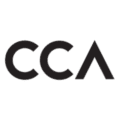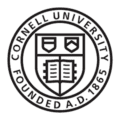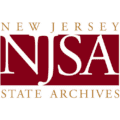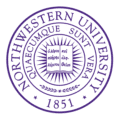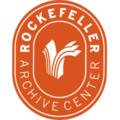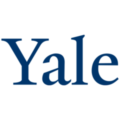About
The BitCurator Consortium promotes the development of innovative, sustainable curation of born-digital materials by any organization responsible for caring for such materials. Our organizational vision is to address the articulated needs of the BCC community—training, collaboration, research, software development, documentation, integration, scripts—while advocating for the expansion of digital forensics practice worldwide.
BCC achieves its mission through the following activities:
- Building a relationship network among archivists, curators, and librarians charged with preserving digital content
- Hosting an annual forum
- Compiling documentation and scripts
- Conducting new research in digital forensics that addresses specific, practical member concerns
- Developing advocacy and awareness materials and programs that articulate the unique value of digital forensics
- Providing training and learning opportunities for professionals and students to develop needed skills and competencies
- Gathering statistics that track trends, needs, and developments in digital forensics
- Exploring collective arrangements that allow libraries, archives, and museums to negotiate effectively with key vendors
Governance and Strategic Directions
BCC Executive Council, standing committees, and staff work collaboratively while seeking input from BCC membership to guide the community in making progress towards its goals. From the outset, the BitCurator Consortium has been defined by sharing, knowledge exchange, and community support.
BitCurator Consortium Charter
The BCC charter was developed in 2014-2015 and revised via a community participation and voting process in 2020.
View Charter
Executive Council
This elected group provides top-level leadership on critical decisions, formalizes documentation, and ensures ongoing programmatic success.
View More
Strategic Plan
This strategic plan represents the collective vision of the BitCurator Consortium for 2026-2028. It was developed through an inclusive, multi-phase process that engaged Executive Council members, committee volunteers, and the broader BCC membership to ensure the plan reflects our shared priorities and values.
Our Members
Membership in the BitCurator Consortium is open to institutions responsible for the curation of born-digital materials. We encourage you to contact us with any questions about the consortium.
Commitments
The BCC is committed to fostering an open, inclusive, and safe environment.
BCC Code of Conduct
Inclusivity Statement
Committees and Groups
The activities of the BitCurator Consortium (BCC) standing committees and groups support the mission of the BCC and ensure our programmatic goals are achieved.
Committees and groups are comprised of volunteers from member organizations or as approved by group chairs and will make an annual call for new members.
Active Committees and Groups
- Executive Council (Governance)
- Documentation & Training Committee
- Membership Committee
- Forum Committee
- Python Study Group
- Educators Membership Working Group
- Code of Conduct Committee
Inactive Committees
- Email Working Group
- Start Up Committee
- Software Development Committee
Staff
The BCC’s current administrative host, the Open Library Foundation, is a nonprofit that ensures the availability, accessibility and sustainability of open source and open access projects for and by libraries.
Ongoing support for administrative infrastructure, financial management, publicity, and scheduling is collectively supported by Open Library Foundation’s Board and Operational Committees.
History
Today’s libraries, archives, and museums actively acquire digital content in many forms and formats that demand attention and stabilization, from floppies to optical disks to hard drives.
To address these complex activities, the BitCurator open source software environment was developed under the leadership of the University of North Carolina-Chapel Hill, School of Information and Library Science and the University of Maryland, Maryland Institute for Technology in the Humanities.



